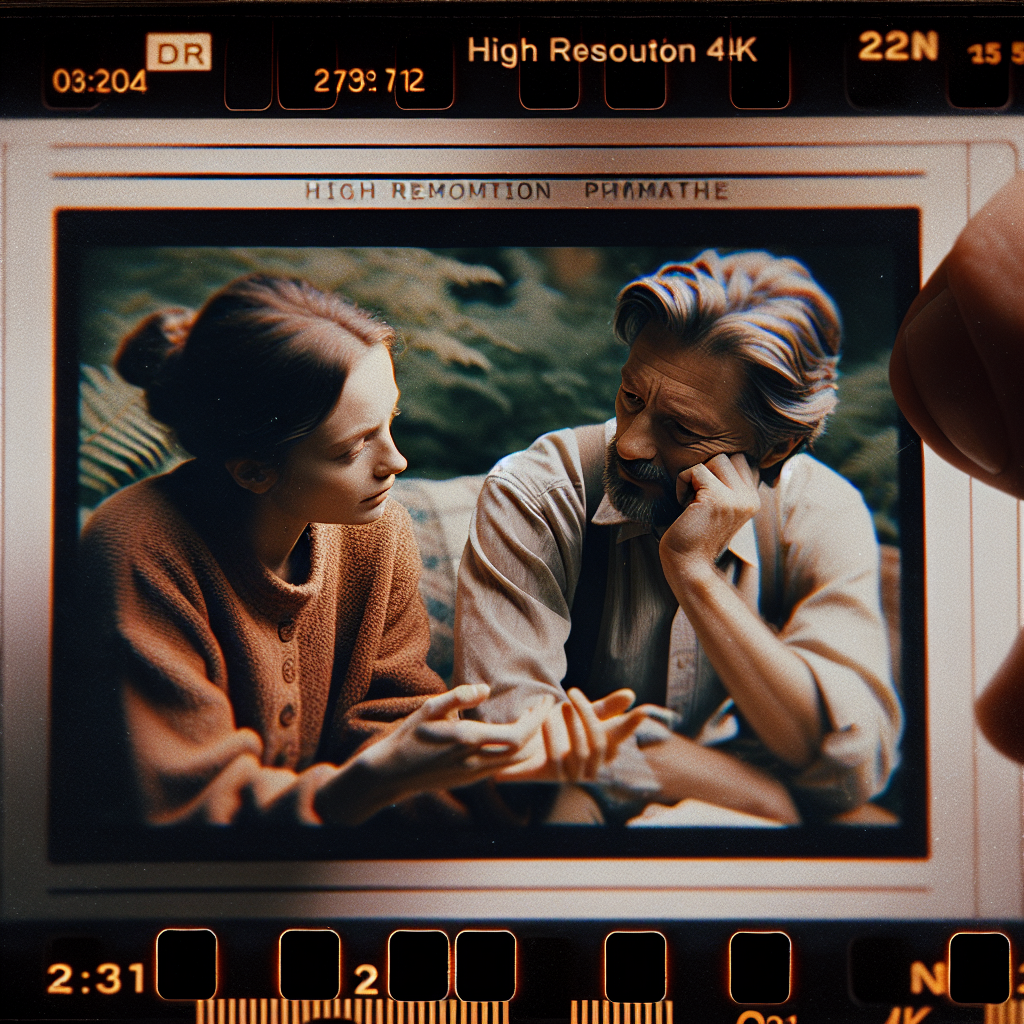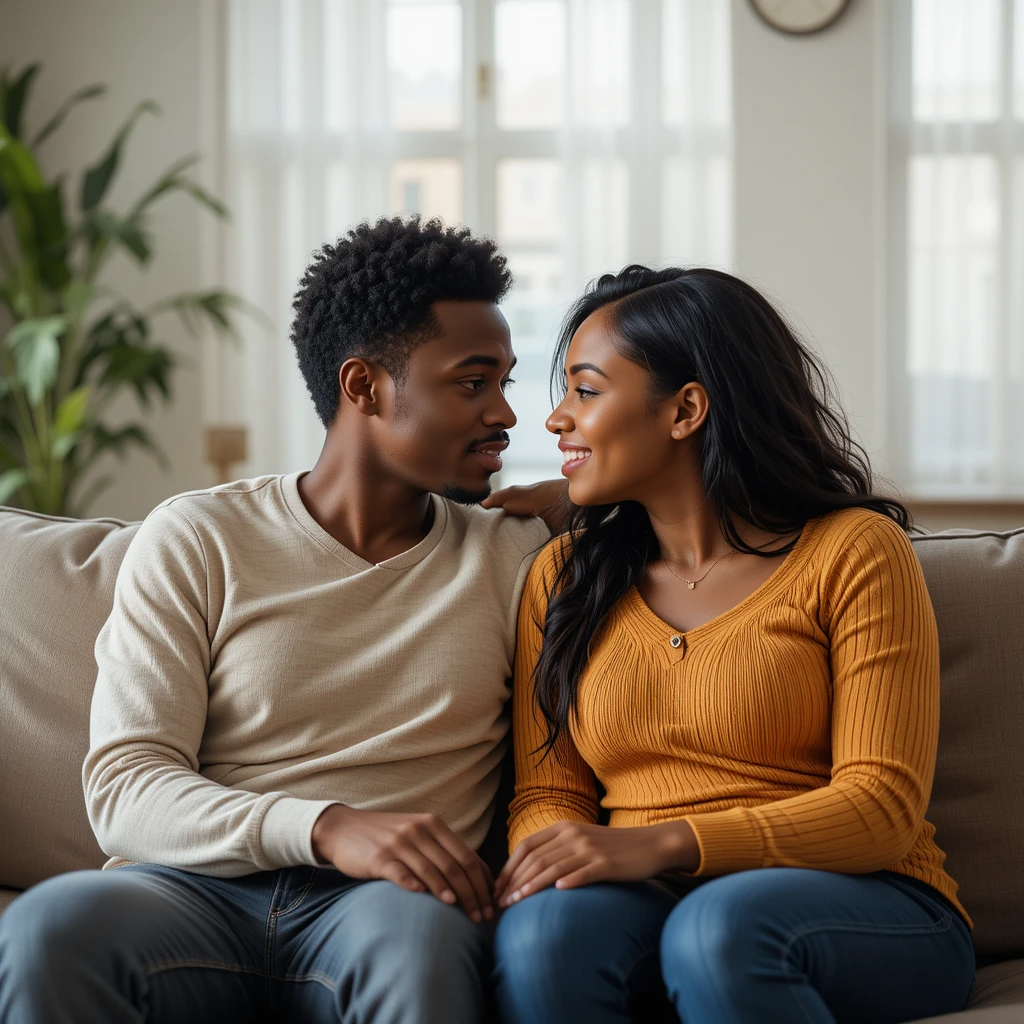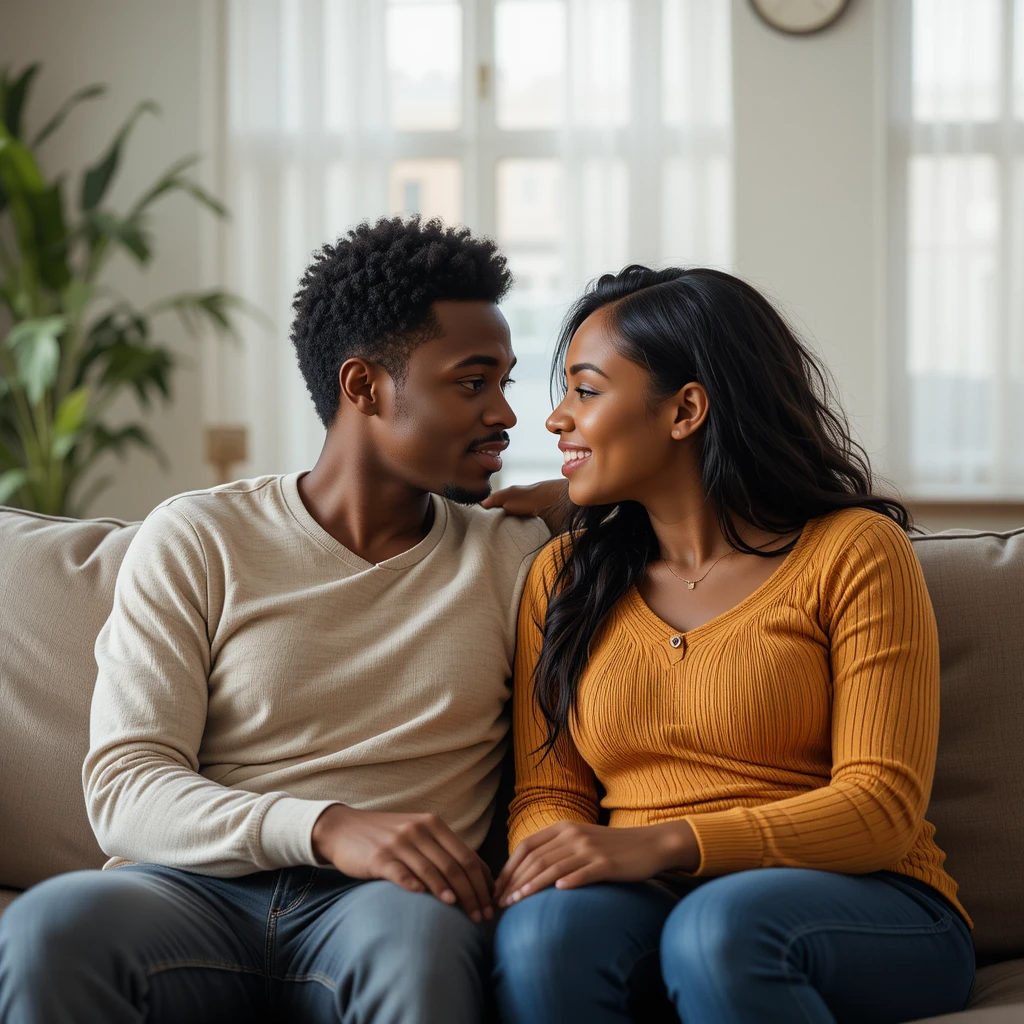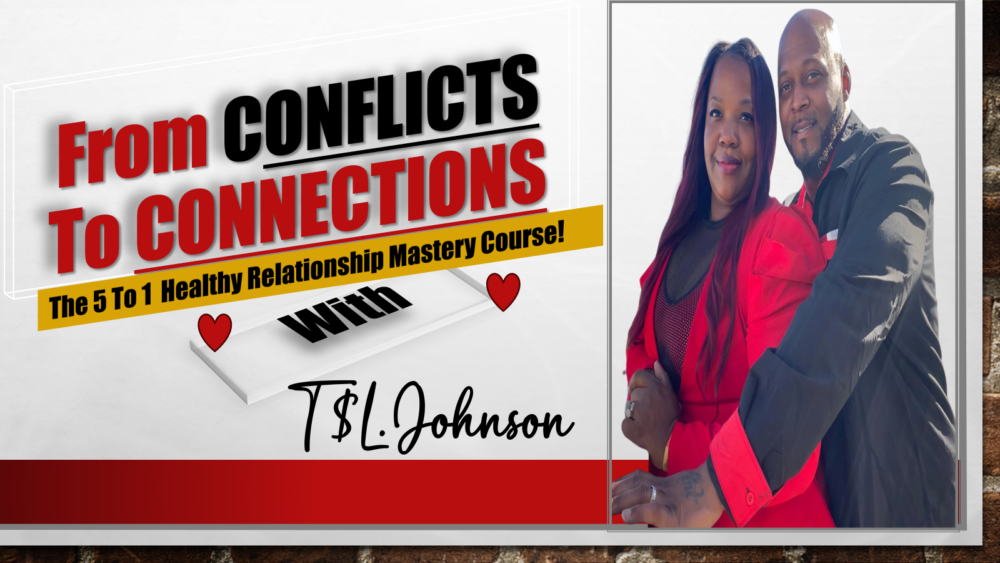Understanding Nonverbal Cues
Reading Body Language
Hey there! One of the first things I learned in my journey of understanding my partner was the importance of body language. I mean, think about it: sometimes what’s not said speaks volumes more than words. When my partner crosses their arms or avoids eye contact, it’s a signal that something might be off. I’ve learned to pay attention, and it’s been a game-changer.
Another fascinating aspect is how different gestures can convey different meanings based on context. Maybe a light touch suggests affection, but when it’s followed by a distant gaze, it might indicate worry or stress. By being mindful and observant, I’ve developed a knack for noticing these subtle signs of what my partner is feeling.
Trust me, the more you practice reading these cues, the easier it becomes to tune in to their actual feelings. It’s like learning a new language, and honestly, it can save you from a lot of misunderstandings!
Recognizing Emotional States
Emotional states can often go unspoken, and I’ve found that awareness of my partner’s moods has been crucial. Sometimes, they may look perfectly fine on the surface but internally they might be processing something entirely different. I’ve made it a habit to check in on their emotional well-being regularly. It could be as simple as asking, “Hey, how are you really feeling today?”
But remember, understanding their emotional landscape isn’t just about asking questions; it’s about being there. A simple gesture, like holding their hand when they seem lost in thought or simply sitting in silence together, shows that I care. This type of emotional presence fosters an environment where they feel safe to express what’s on their mind.
Also, don’t shy away from discussing emotions yourselves. Being open about my feelings encourages them to do the same, creating a healthy flow of communication. It’s a two-way street, after all!
Active Listening
Active listening has been one of my biggest personal breakthroughs in my relationship. It’s not just about hearing the words my partner says, but it’s also about understanding the essence behind those words. This means putting away distractions, like my phone, and really focusing on what they’re saying.
During conversations, I find it helpful to repeat back what I’ve heard to confirm that I’ve understood it correctly. Something like, “So, you’re feeling overwhelmed, and you need a little space?” These little confirmations help solidify my understanding and show that I genuinely care about what they’re going through.
It’s also about the silence that comes after they speak. I’ve learned that allowing some pause encourages them to elaborate further, which digs deeper into their needs. Active listening isn’t always easy—especially when you’re battling your own thoughts—but practice makes perfect.
Creating a Safe Space for Communication
Encouraging Openness
Creating a safe space is key in a relationship, and I’ve realized that the foundation of this is encouraging openness. I always let my partner know that whatever they say will be met with respect and understanding. It’s essential to build that trust so they feel free to express their unspoken needs.
Sometimes, the fear of judgment can hold people back from speaking up. I combat this by sharing my thoughts too, creating a reciprocal environment. When I reveal my vulnerabilities, it not only strengthens our connection but also invites them to take that leap of faith with their own feelings.
Another thing I’ve found useful is scheduling regular check-ins, almost like a “feelings meeting.” Little moments where we sit down to share how we’re feeling keeps the lines of communication open and proactive, rather than reactive.
Nonjudgmental Responses
When my partner opens up, one of the most crucial aspects is how I respond. I’ve learned that offering nonjudgmental responses helps them feel secure and valued. Rather than trying to fix everything right away or offering unsolicited advice, I’ve opted for supportive statements like, “That sounds tough, I’m here for you.”
These simple acknowledgments show that I’m listening without quickly jumping to solutions. It’s sometimes hard to refrain from giving advice, especially when I want to help, but I’ve found that sometimes just being present is the best support needed at that moment.
Also, I try to be mindful of my tone and facial expressions—it’s all in the delivery! When I express empathy through my demeanor, it reinforces my commitment to supporting them. This connection transforms our conversations into a safe haven for emotional exploration.
Handling Difficult Conversations
No relationship is without its difficult conversations, right? I’ve learned that the way I approach these talks can make all the difference. First off, choosing the right time to discuss sensitive topics is crucial. I try to pick moments when we’re both relaxed and aren’t rushed.
Being prepared for these conversations can also ease the tension. I often jot down what I want to communicate, focusing on feelings rather than accusations. It’s all about using “I” statements—like saying “I feel neglected when…” instead of “You never…” This minor adjustment has helped keep the conversation constructive.
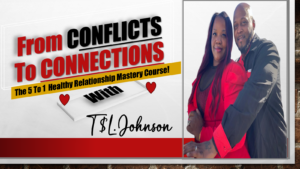
If things start getting heated, I find it helpful to take a step back. Sometimes, taking a breather can diffuse the situation and allows us both to return to the conversation with a clearer, calmer perspective.
Building Emotional Intelligence Together
Exploring Each Other’s Emotional Triggers
Emotional intelligence is a huge deal in any partnership, and I’ve realized that understanding each other’s emotional triggers is key. This doesn’t mean becoming a mind reader; rather, it’s about learning what affects us both positively and negatively. I once made a list of my own triggers and shared them with my partner. It opened the door for them to do the same!
We also engage in activities that help increase this understanding, such as reflecting on past experiences that brought joy or pain. By discussing our histories, I get valuable insights into how to support each other better. It’s this mutual vulnerability that strengthens our bond.
The goal is to create a toolkit of strategies to cope when one of us gets triggered. By forming this arsenal together, we can navigate emotional storms with greater ease, making the relationship even more resilient.
Practicing Empathy
Empathy stands as one of the cornerstones of effective communication. I aim to step into my partner’s shoes, especially during moments of vulnerability. Instead of rushing to judgment, I create space for their feelings, validating their emotions, even when I don’t entirely understand them.
This practice requires me to check my instincts sometimes. Sometimes, my first reaction may be to push back, but I’m learning to pause and reflect instead. Asking myself, “What might they be feeling right now?” opens my eyes to their perspective in a profound way.
I also encourage my partner to express how they feel about specific situations. Responding empathetically not only demonstrates I’m tuned into their needs but also teaches us both a lot about compassion, patience, and love.
Engaging in Continuous Growth
Relationships aren’t static; they evolve over time, and so do we. To keep up with this growth, I’ve embraced a mindset of continual improvement in understanding each other’s needs. I often suggest we read books or attend workshops that focus on communication and emotional intelligence together. It’s fun and enlightening!
These shared experiences not only enhance our knowledge but also provide us with tools to strengthen our bond. We can engage in discussions about what we’ve learned and how we can incorporate those insights into our daily interactions.
Ultimately, I remind myself that growth takes time and effort. It’s a journey, not a race, and the more we embrace it together, the closer we get. This commitment fosters a deeper love and appreciation for each other in ways I couldn’t have anticipated.
Conclusion
Learning to hear the unspoken needs of my partner is an ongoing adventure. By honing my skills in recognizing nonverbal cues, creating a safe space for communication, and continuously growing together, I’ve noticed how much stronger our connection becomes. Every day is a new opportunity, and I’m thrilled to embark on this journey with my partner.
FAQ
1. Why is understanding nonverbal cues important in a relationship?
Understanding nonverbal cues helps you tune into your partner’s feelings without them having to say a word, allowing you to respond more effectively to their emotional needs.
2. How can I create a safe space for open communication?
Encourage openness by demonstrating nonjudgmental attitudes, sharing your own feelings, and establishing regular check-in times to talk about emotions and needs.
3. What strategies can I use to practice active listening?
To practice active listening, focus on the speaker, confirm what you’ve heard, and allow silence to let them express more. Avoid distractions and demonstrate empathy through your body language.
4. How do emotional triggers impact communication in a relationship?
Emotional triggers can lead to defensive or aggressive reactions. By being aware of each other’s triggers, you can approach conversations more sensitively and avoid misunderstandings.
5. What are some ways to encourage empathy in a relationship?
Encourage empathy by practicing perspective-taking, discussing feelings openly, and engaging in activities that promote understanding, such as reading together or attending workshops.
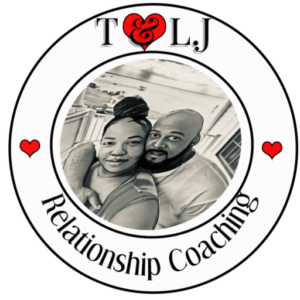
Schedule Your First 20-Minute Coaching
Call With Us Today to see if we fit . You pick the price!
Click Here

